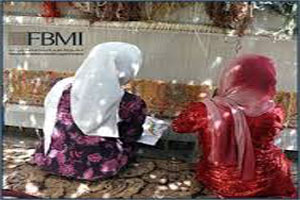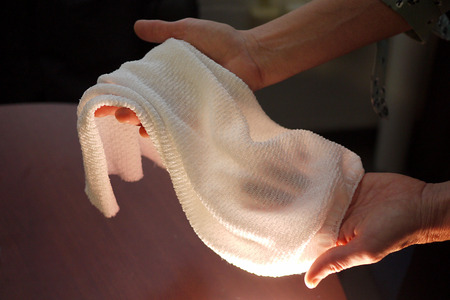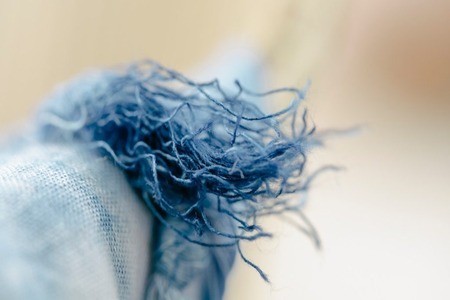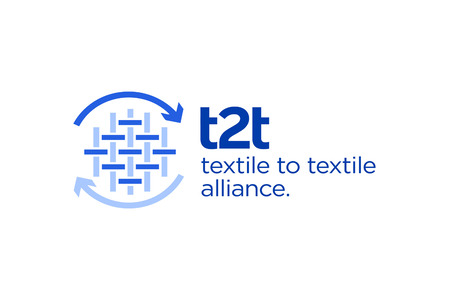
FBMI help Afghan women weave handmade carpets
YarnsandFibers News Bureau 2015-07-08 12:00:00 – DubaiVisitors to The Dubai Mall during Ramadan can now watch the intricate weaving process that goes into the production of Afghan carpets. The move is part of an initiative to employ and empower women in the war-torn country, Afghanistan where handmade carpets is currently its biggest export which is vitally important where 42 percent of the population lives on less than $1 a day. Carpet weaving provides the Afghan women with a job and an opportunity for advancement that might otherwise be difficult in Afghanistan’s patriarchal society.
The Fatema bint Mohammed bin Zayed Initiative (FBMI) founded in 2010 in partnership with Afghanistan’s Tanweer Investments employs about 4,000 Afghans drawn from both rural and urban areas of the country, offering them skills and an opportunity for meaningful employment and income. Of the employees, 70 percent are women and 35 percent are widows.
FBMI managing director Maywand Jabarkhyl, speaking about its business model said that all the profits go back into the project, into expansion, into development, into researching new designs for example.
It’s a cottage-based industry. The ladies don’t have to go outside their homes. They don’t have to be accompanied by a male to leave their homes, and they can work in the comfort of their own homes. They can set a loom up anywhere. They are also given capacity development. Some start off as wool spinners or wool cleaners, but go on to weaving and designing. FBMI’s success is measured most on the employment side.
Since the initiative’s inception, over 10,000 carpets have been produced, 60 percent of which are sold in the UAE, but also as far afield as the US, UK, Australia and South Africa. Additionally, an FBMI-produced carpet now adorns the interior of the Presidential Palace in Kabul.
FBMI’s carpets are produced from the sheep to the shop entirely in Afghanistan using locally procured materials. To begin, wool is purchased from Afghanistan’s nomadic tribes, which is then made into thin, clean yarn and coloured using natural dyes. The designs are entirely hand-drawn. Once the dyed wool is ready, weavers using a loom carefully make the carpet, which is then washed, sheared, tidied and sun-dried. On average, each weaver is able to produce about one-square metre of carpet a month.
In the future, FBMI hopes to set up weaving centres in each of Afghanistan’s 34 provinces, benefitting local economies as the country shifts away from an economy revolving around the presence of American and other coalition troops.
Market Intelligence
Ask for free sample Report

experience
Customer Base
dedicated team
Countries Served Worldwide









